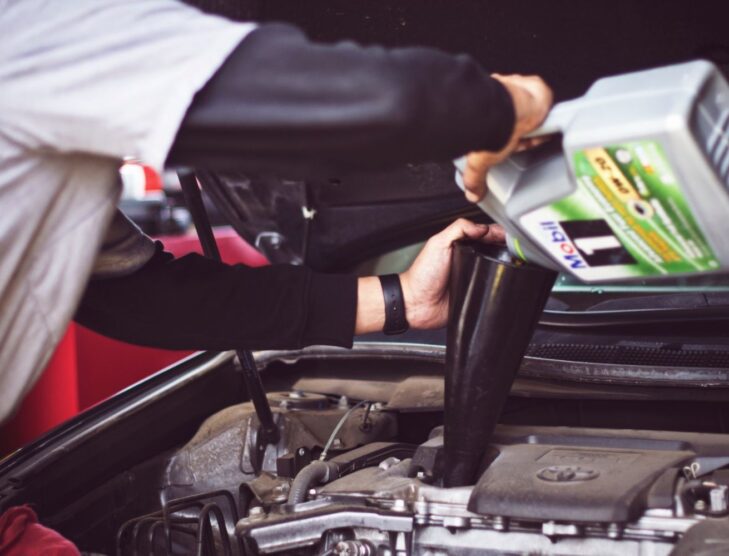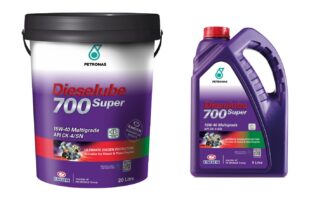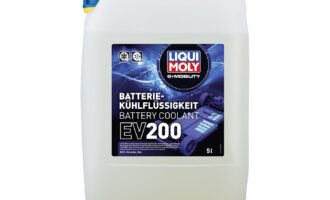
API publishes lubricants LCA and carbon footprinting report
The American Petroleum Institute (API) has published API Technical Report (TR) 1533, Lubricants Life Cycle Assessment and Carbon Footprinting – Methodology and Best Practice, which defines terminology and identifies industry-specific practices for life cycle assessment of lubricants and specialty products.
The purpose of this document is to promote harmonisation and consistency in the application of Life Cycle Assessment (LCA) and Carbon Footprints of Products (CFP) across the lubricants industry.
This publication aims to enhance customer confidence with product benefit claims related to sustainability of lubricant products.
“As sustainability has become a global focus across all industries, there is a need for the lubricants industry to have a clearly defined, consensus-based document capturing the broadly accepted terminology and methodology for life cycle analysis of lubricant products,” said API Senior Program Manager, Engine Oil Licensing & Certification System (EOLCS) Jeffrey Harmening.
“Lubricant customers are increasingly asking lubricant marketers for sustainability metrics; developing guidelines for calculating metrics became a critical area for API to focus on as the industry seeks to reduce and evaluate greenhouse gas emissions.”
API TR 1533 addresses the need for clear and accepted guidelines and terminology which will instill confidence in the reported metrics coming from oil marketers who will be better equipped to substantiate their own data and sustainability reporting.
This lubricant-focused methodology will not only provide guidance for lubricant manufacturers but also give their customers additional confidence in the data they receive.
The report will also help to move toward harmonised practices and to reduce individual requirements across global markets.
It is available free of charge on the API website.









